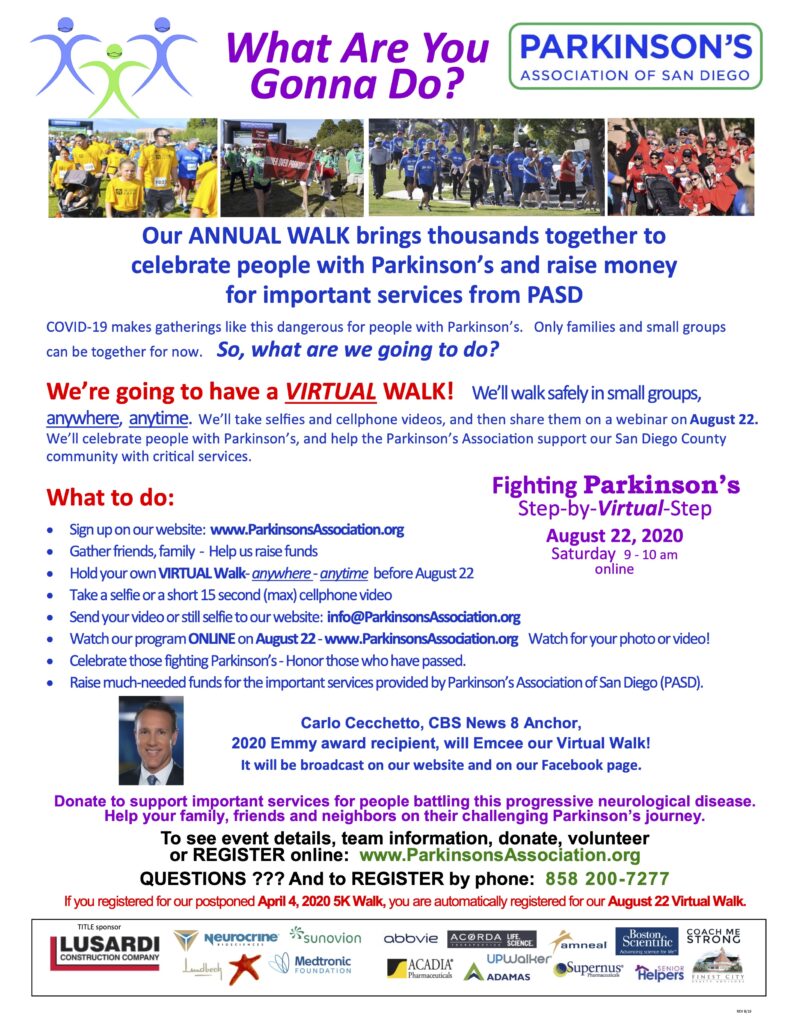
Discover the Rewards of Specializing in Parkinson’s Care
Enhance your expertise, earn CEUs, and make a lasting impact on the Parkinson’s community.
Join Our Parkinson’s Mental Health Course
Are you a mental health professional looking to expand your expertise, grow your practice, and make a profound impact?
There is a great need for mental health professionals like you. Referrals can be made to provide assessments and care for patients, caregivers, and families impacted by Parkinson’s Disease.
Ready to Transform Lives?
Why I Work with the Parkinson’s Community – Dr. Joanne Hamilton, Neuropsychologist
“It’s a very rewarding group of people to work with because the disease itself is challenging but, many people are living better with the disease as science has begun to understand it more clearly.”
Why Choose Our Parkinson’s Care Course?
Our continuing education course is designed to help you understand the complexities of Parkinson’s disease and provide holistic care that transforms lives. By specializing in Parkinson’s care, you’ll address a critical need and open new doors for your professional growth.
- Earn CEUs: Enhance your credentials with six CE units recognized by professional bodies.
- Specialize and Stand Out: Gain a niche expertise in Parkinson’s care, differentiating your practice from competitors.
- Expand Your Client Base: Attract new clients from the Parkinson’s community and their families.
- Comprehensive Knowledge: Learn from a multidisciplinary team including neurologists, psychologists, and social workers.
- Holistic Care Approach: Understand both motor and non-motor symptoms, cognitive decline, and associated neurological conditions.
- Practical Guidance: Get specific strategies for conducting mental health sessions with patients and their families.
- Flexible Learning: Access engaging video content and complete the course at your own pace.
For more information submit this form or call 619-373-5476. We will not distribute your contact info.
Course Features:
- Engaging Video Interviews: Learn from specialists in the field.
- Multidisciplinary Approach: Covers motor and non-motor symptoms, financial challenges, and social resources.
- Real-World Applications: Practical tips for managing day-to-day activities and improving patients’ quality of life.
- Certification of Training: Enhance your resume with a certification from the Parkinson’s Association of San Diego.
CLICK BELOW TO LEARN ABOUT THE COURSE
IN JUST THREE MINUTES.
This course will teach you to:
- Define and explain Parkinson’s disease and its motor symptoms.
- Describe non-motor and cognitive symptoms of Parkinson’s disease.
- Discuss the importance of medication adherence, exercise, and financial management in the treatment of Parkinson’s disease
- Identify and apply tools and techniques mental health professionals can use when treating people with Parkinson’s as well as their care partners and families.
Why I Work with the Parkinson’s Community – Dr. Eric Egli, Clinical Psychologist
“You can really make a difference – if you do the right things you can really make a difference in their quality of life and you can see it when they talk with you.”
Two Purchase Options:
Note that the $150 fee for the course includes a $100 donation to the Parkinson’s Association of San Diego. In the addendum are tips on how to obtain referrals through local Parkinson’s Association’s referral system as well as other sources.

$150 (includes 6 CEUs, with $100 donated to PASD) through Zur Institute
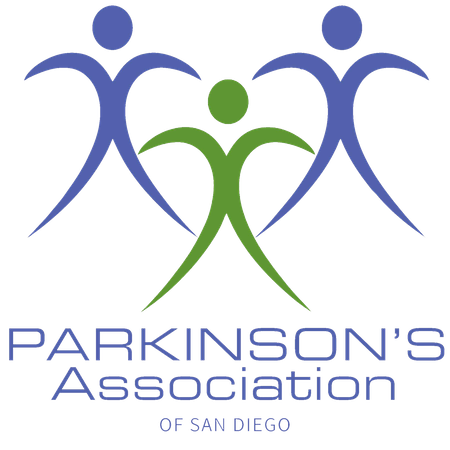
$100 (course material only, no CE Units) donated to PASD.
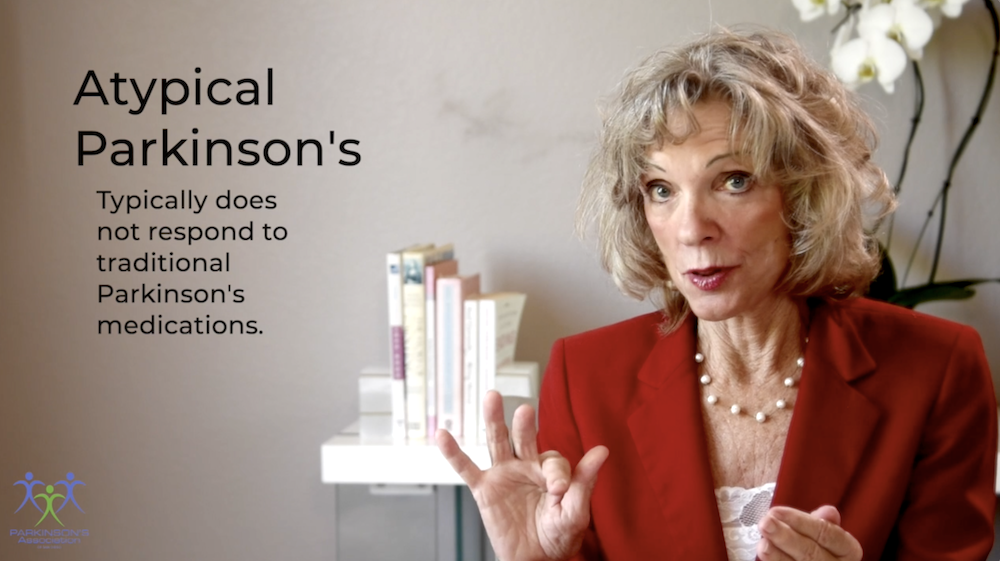
Everybody with Parkinson’s is different because they all have a slightly different genetic form of Parkinson’s disease. That’s why we always say if you’ve met a person with Parkinson’s, you’ve met one person with Parkinson’s. You cannot generalize it across all the patients that you will be seeing.
Sherrie Gould, NP-C
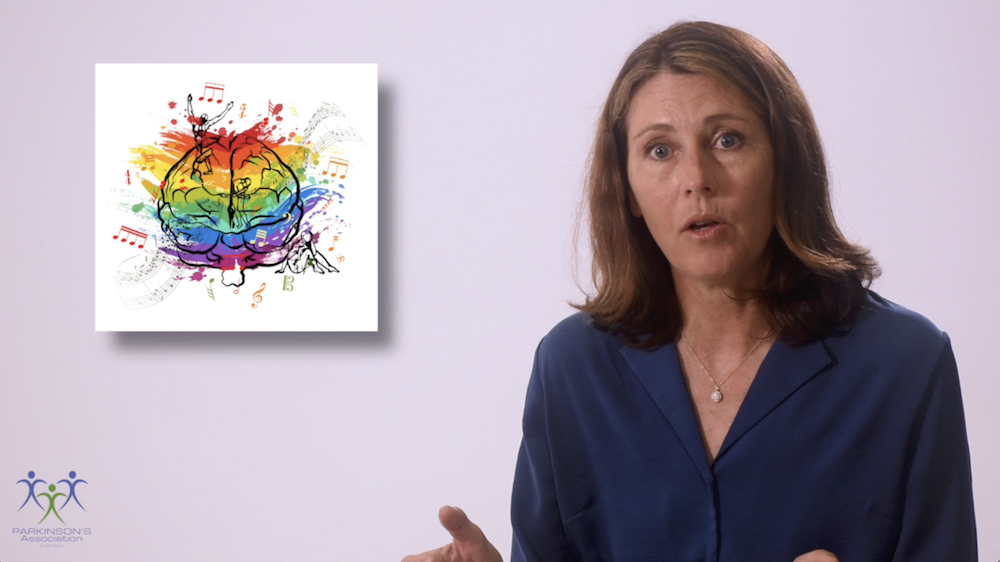
We know there’s a pathological neurological cause for depression and anxiety so it’s important for providers to understand that this is not simply a reaction to having a disease, it is actually the disease itself that is causing the depression, the anxiety, and cognitive issues.
Joanne Hamilton, PhD
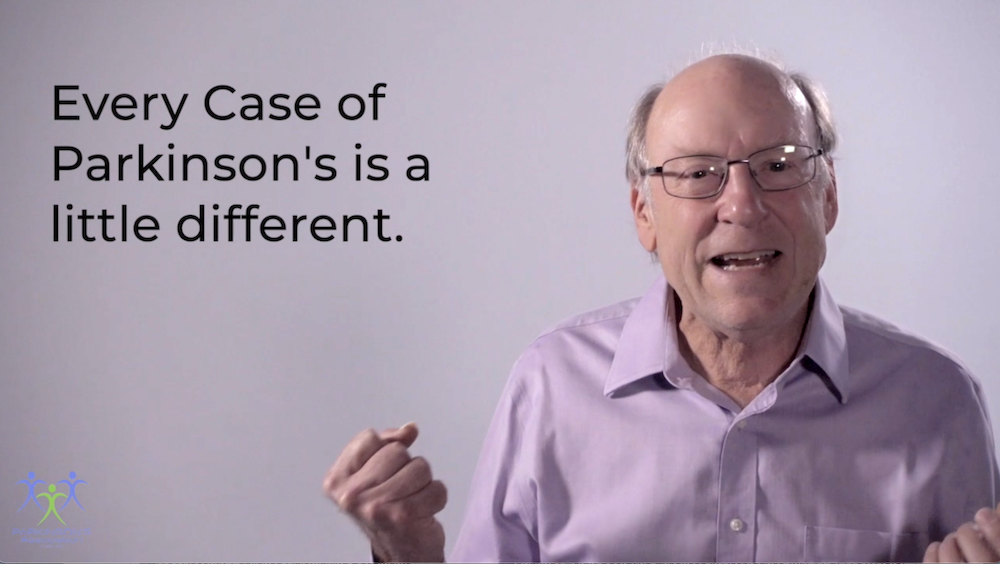
One of my concerns is when people recognize themselves as the caregiver. Joe says, “I have Parkinson’s” and Janet says, “I’m his caregiver.” This is husband and wife, maybe for 50 years. We’re so much more than caregiver and patient – what I’m really focusing on here is the distortion in relationship dynamics that can happen unconsciously when one takes the responsibility as the caregiver and the other as the patient.
Eric Egli, PhD
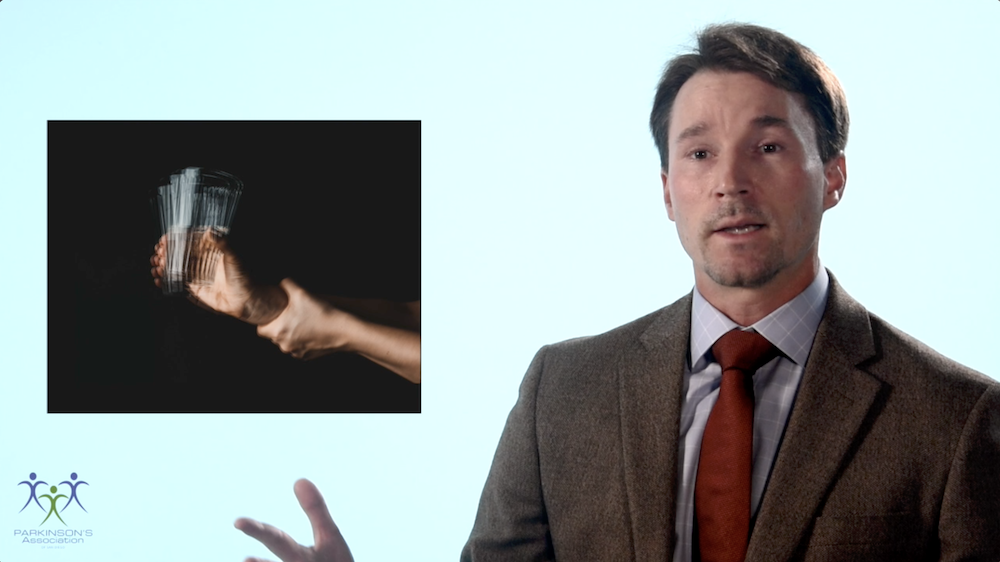
Parkinson’s is truly a multi-systemic disorder. That’s why it can be so difficult for those affected and their friends and family because, really, it can be disabling in so many ways. People really lose their former identity of who they were and everything they were able to do.
Brenton Wright, MD
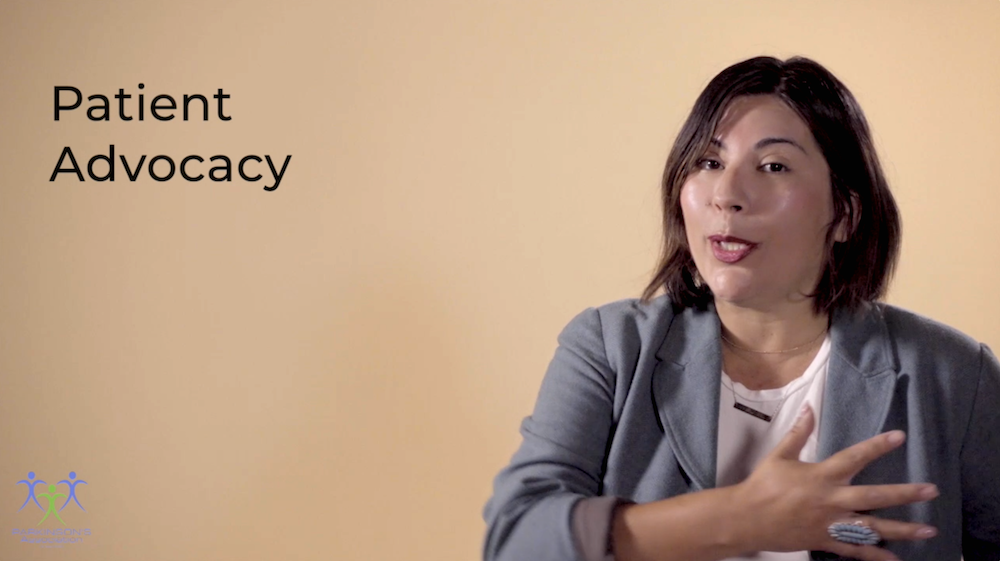
A lot of families have to make really tough decisions. Maybe they can’t use a better medication for their symptoms because even $100 is too much out of pocket a month to pay. This is where a social worker really comes in, where we can do research into pharmaceutical company programs, coupon codes, or something like that.
Adriana Gonzalez, LCSW
Outline/Table of Contents:
1 – Introduction – Jeff Seckendorf, Director of Operations, Parkinson’s Association of San Diego
2 – Why I Work with the Parkinson’s Community – Joanne Hamilton, PhD, Neuropsychologist
3 – What is Parkinson’s and What is Not Parkinson’s – Brenton Wright, MD, Movement Disorders Specialist
4 – Known and Suspected Causes of Parkinson’s Disease – Sherrie Gould, NP-C
5 – Common Motor and Non-Motor Symptoms of Parkinson’s Disease – Brenton Wright, MD, Movement Disorders Specialist
6 – Cognition Issues and Advanced Cognitive Decline – Joanne Hamilton, PhD, Neuropsychologist
7 – Why I Work with the Parkinson’s Community – Eric Egli, PhD, Clinical Psychologist
8 – Neurobehavioral Symptoms of Parkinson’s Disease – Joanne Hamilton, PhD, Neuropsychologist
9 – Atypical Parkinsonisms – Sherrie Gould, NP-C
10 – It Takes a Village – Brenton Wright, MD, Movement Disorders Specialist
11 – Parkinson’s Medications and the Family – Sherrie Gould, NP
12 – Why I Work with the Parkinson’s Community – Adriana Gonzalez, LCSW
13 – The Importance of Exercise – Sherrie Gould, NP-C
14 – Financial Challenges of Living with Parkinson’s – Adriana Gonzalez, LCSW
15 – Social and Psychological Resources – Adriana Gonzalez, LCSW
16 – Typical Issues in a Counseling Session – Eric Egli, PhD, Clinical Psychologist
17 – Working with the Family – Eric Egli, PhD, Clinical Psychologist
18 – Conclusion – Jeff Seckendorf, Director of Operations, Parkinson’s Association of San Diego
JOIN US AND MAKE A DIFFERENCE
By enrolling in our course, you are not only enhancing your professional capabilities, but also joining a community dedicated to improving the lives of those affected by Parkinson’s disease. Start your journey today and make a difference!
Purchase the online course from the Zur Institute. The cost is $150 and includes six CE Units. Of your course fee, $100 will be donated to the Parkinson’s Association of San Diego.
Purchase the online course from the Parkinson’s Association of San Diego. The cost is $100 but does not include CE Units. The course material is the same on both sites.


